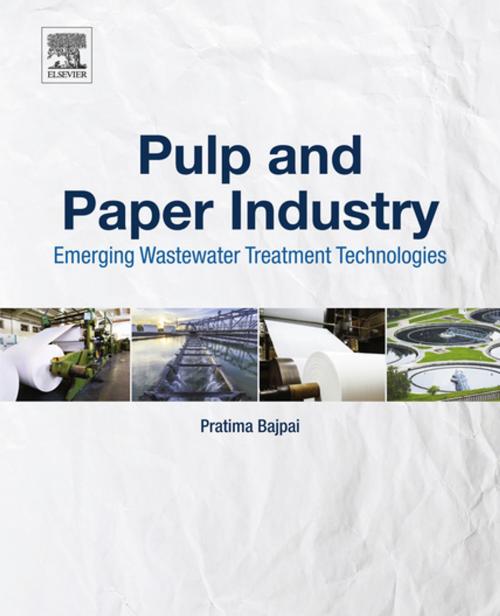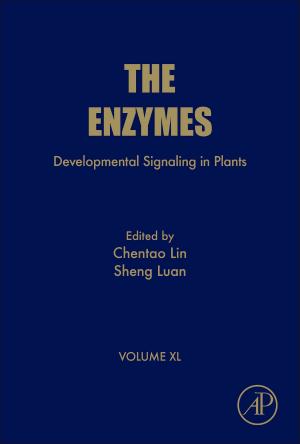Pulp and Paper Industry
Emerging Waste Water Treatment Technologies
Nonfiction, Science & Nature, Technology, Engineering, Chemical & Biochemical| Author: | Pratima Bajpai | ISBN: | 9780128111000 |
| Publisher: | Elsevier Science | Publication: | February 25, 2017 |
| Imprint: | Elsevier | Language: | English |
| Author: | Pratima Bajpai |
| ISBN: | 9780128111000 |
| Publisher: | Elsevier Science |
| Publication: | February 25, 2017 |
| Imprint: | Elsevier |
| Language: | English |
Pulp and Paper Industry: Emerging Waste Water Treatment Technologies is the first book which comprehensively reviews this topic. Over the past decade, pulp and paper companies have continued to focus on minimizing fresh water use and effluent discharges as part of their move towards sustainable operating practices. Three stages—basic conservation, water reuse and water recycling—provide a systematic approach to water resource management. Implementing these stages requires increased financial investment and better utilization of water resources.
The ultimate goal for pulp and paper companies is to have effluent-free factories with no negative environmental impact. The traditional water treatment technologies that are used in paper mills are not able to remove recalcitrant contaminants. Therefore, advanced water treatment technologies are being included in industrial wastewater treatment chains aiming to either improve water biodegradability or its final quality.
This book discusses various measures being adopted by the pulp and paper industry to reduce water consumption and treatment techniques to treat wastewater to recover it for reuse. The book also examines the emerging technologies for treatment of effluents and presents examples of full-scale installations.
- Provides thorough and in-depth coverage of advanced treatment technologies which will benefit the industry personnel, pulp manufacturers, researchers and advanced students
- Presents new treatment strategies to improve water reuse and fulfill the legislation in force regarding wastewater discharge
- Presents viable solutions for pulp and paper manufacturers in terms of wastewater treatment
- Presents examples of full-scale installations to help motivate mill personnel to incorporate new technologies
Pulp and Paper Industry: Emerging Waste Water Treatment Technologies is the first book which comprehensively reviews this topic. Over the past decade, pulp and paper companies have continued to focus on minimizing fresh water use and effluent discharges as part of their move towards sustainable operating practices. Three stages—basic conservation, water reuse and water recycling—provide a systematic approach to water resource management. Implementing these stages requires increased financial investment and better utilization of water resources.
The ultimate goal for pulp and paper companies is to have effluent-free factories with no negative environmental impact. The traditional water treatment technologies that are used in paper mills are not able to remove recalcitrant contaminants. Therefore, advanced water treatment technologies are being included in industrial wastewater treatment chains aiming to either improve water biodegradability or its final quality.
This book discusses various measures being adopted by the pulp and paper industry to reduce water consumption and treatment techniques to treat wastewater to recover it for reuse. The book also examines the emerging technologies for treatment of effluents and presents examples of full-scale installations.
- Provides thorough and in-depth coverage of advanced treatment technologies which will benefit the industry personnel, pulp manufacturers, researchers and advanced students
- Presents new treatment strategies to improve water reuse and fulfill the legislation in force regarding wastewater discharge
- Presents viable solutions for pulp and paper manufacturers in terms of wastewater treatment
- Presents examples of full-scale installations to help motivate mill personnel to incorporate new technologies















